Jaycie “Gillyweed” Gluck’s secret is the flashcards. This isn’t the answer I was expecting. For years, I was mesmerized by her razorsharp lexicon—how she could magically summon the builds, talent trees, and abilities for each of Heroes of the Storm’s byzantine roster of heroes on a moment’s notice. It wouldn’t be easy for anyone, even the most seasoned players. Broadcasting is the most isolating job in the esports industry. Your duty is to synthesize and analyze a game that’s played on a much higher level than the vast majority of the audience understands. At the same time, you have to get the fundamentals down, like how Cho is the warrior and Gall is the caster.
As it turns out, there’s no easy way to get as good as her.
“It’s a lot like what you’d imagine learning a new language would be like,” Gilly said backstage at the annual Heroes of the Dorm showdown. “The flashcards had all of the Heroic Abilities on them, because you have to come up with them quick during a teamfight. I also regularly go back through all the Heroes’ talents, and I play each of them constantly. That’s the most important thing.”
To be clear, Heroes was the second time that Gilly learned a dictionary to cast a game. If you’ve been around Blizzard esports for a while, you might’ve first met her as a StarCraft mercenary; writing meta guides, interviewing Kerrigan cosplayers, voicing for hardcore build-order optimization walkthroughs—all of the incidental contract work that strings together into a sustainable income.
This was in 2013 and 2014, when the competitive gaming industry was still spoken about in mostly hypothetical terms. And like many people who bought into this business early, she quickly found herself wrapped up in a job that simply didn’t exist five years ago. Gilly was fortuitous enough to fall in love with Heroes of the Storm at a time when StarCraft was in an indefinite swoon. She already had a positive relationship with Blizzard, and the company welcomed her as one of the primary personalities for the new MOBA when the game was still in beta, right alongside other Zerg Rush alumni Dan “Artosis” Stemkoski and Nick “Tasteless” Plott.
Nobody really thinks about sustainability or long-term health in this business. Players switch teams all the time, entire leagues can be discarded once a corporation stops paying the bills, and there are far too many examples of ownership groups shortchanging their players. But through all that chaos, Gillyweed has built her brand the old-fashioned way—by taking every assignment she can, by reading off flashcards in her hotel rooms, all with the hope of representing an implied, legacy professionalism that esports is still trying to develop for itself.
Clearly, it’s paid off. In 2018, Heroes of the Storm is entering its adolescence, and Gillyweed is, by far, the most famous person from the game’s scene. Last year, she was nominated for Caster of the Year at the Esports Awards, and this year, she took her first step outside of Blizzard in a professional capacity by hosting Psyonix’s Rocket League Rival Series. How did she prepare? You guessed it, by hitting the books.
“I had watched the Rocket League World Championship in season four, and I had played some,” Gilly said. “The interesting thing with Rocket League is that the analysis desk centers around history of players and teams. Trying to enter a new scene where that’s the case is actually quite difficult. There was a ton of homework, a ton of prep, but that’s my thing. I pride myself on my work ethic.
“In the Rival Series, we had one player called Ajax, and another player called AJ,” laughs Gilly, after I ask if there was any grammar she struggled with in particular on the host’s desk. “That match got fun.”
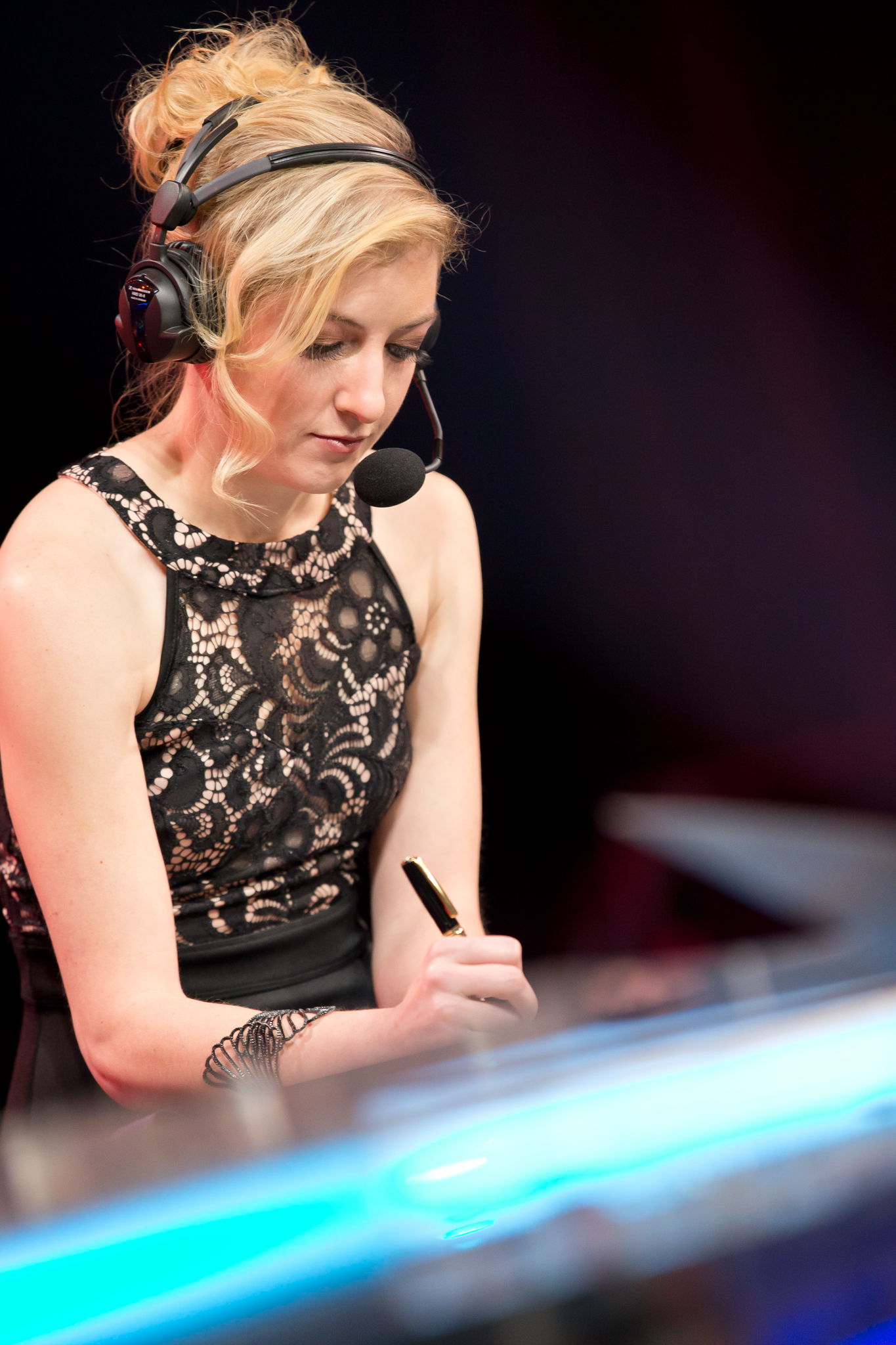
Gilly will turn 31 in July, which actually makes her a tad younger than the other StarCraft contemporaries (Artosis is 35, Tasteless is 33). It’s been interesting to watch the careers of all of them as they’ve spilled out into the rest of the esports macrocosm—in Hearthstone, Overwatch, Heroes, and now Rocket League. That’s one of the weird things about this industry. You can’t take precedent in much. We’ve yet to establish a formula for what a 20-year career in competitive gaming is supposed to look like, or even if 20-year careers are something that competitive gaming can subsist. Gilly is in year four of her adventure, and she’s still a StarCraft lifer at heart. “It always felt like the epitome of esports to me,” Gilly said. “It’s a dance on the highest level. I can’t talk about my favorite esports memories without talking about Jaedong at BlizzCon 2014. When he won, people were jumping over chairs to hug me.”
So perhaps someday there will be a StarCraft renaissance, and Gilly will return home. Maybe Blizzard will keep funding its Heroes league for the foreseeable future, or perhaps the Psyonix deal will morph into a more long-term concern. She could get poached by another company who will make her its primary broadcaster, and Gilly will digitize some fresh flashcards for new talent builds and tech trees. I wouldn’t blame them. She’s proven more than once that she’s got the chops.
The one thing she’s clear about is that she intends to be in esports for life. Nothing will ever be like stepping through the doors of a world championship, she said, when the lights are on and the stakes are high, and everyone in the building is doing their best to codify this wild new industry with the passion and the pageantry it deserves. It might not be broadcasting, but it will be something. “There will come a time when I would like to not have to study as much,” Gilly said. “I think it’d be fun to go into talent coaching. There’s not a lot of that in esports right now. Or maybe in production, I went to school for digital media, that’d be fun.”
Lord willing Gilly continues to find a way to live a healthy, non-volatile life in games—a life that started with podcasts, blog posts, and hustle—all the things we prescribe to every hopeful kid when they ask us what it takes to make it. We need more veterans in this industry, but more importantly, we need to prove that esports has the capacity to produce veterans. After all, if Gilly thrives, she can keep teaching the rest of us how it’s done.


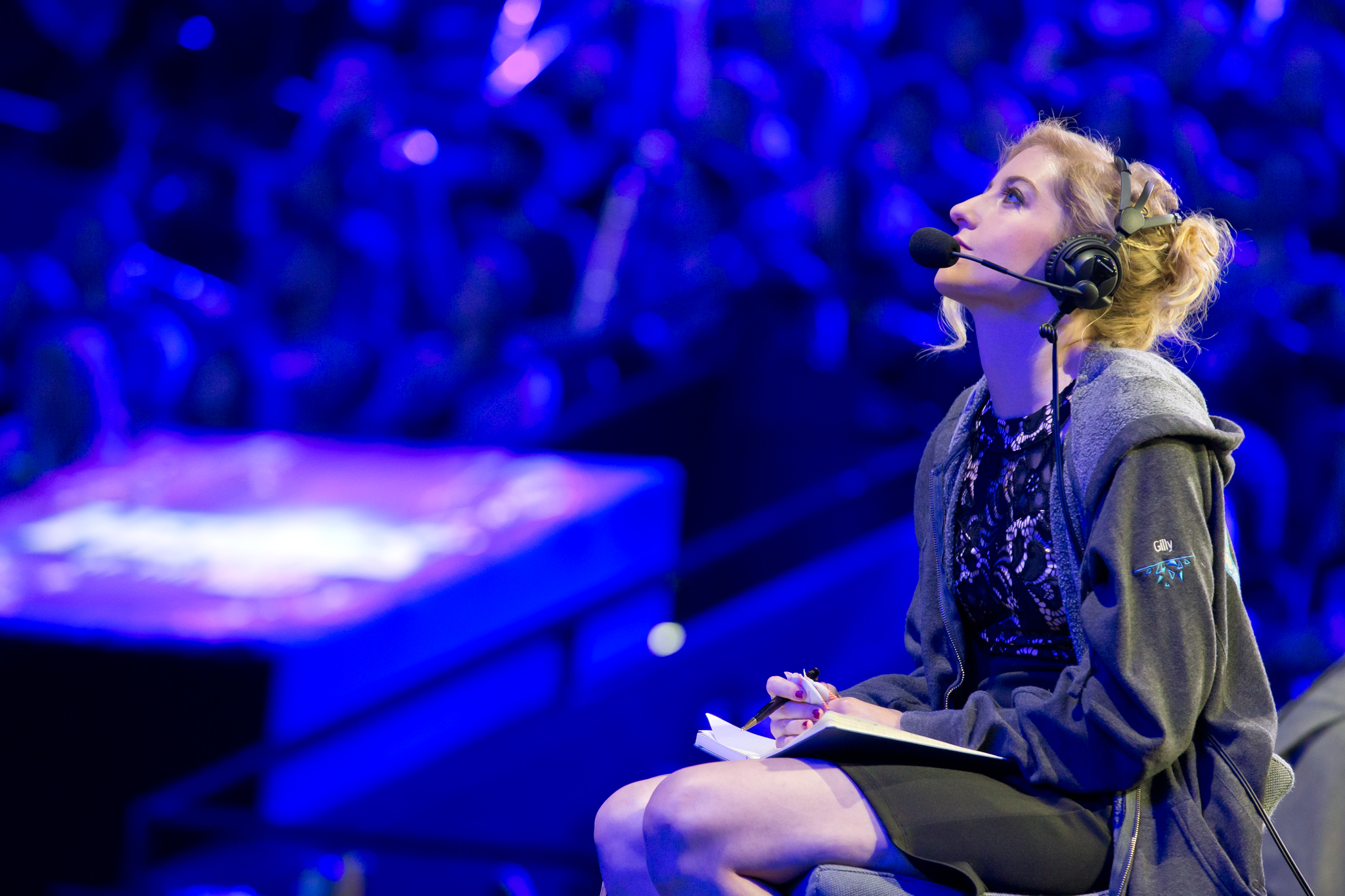
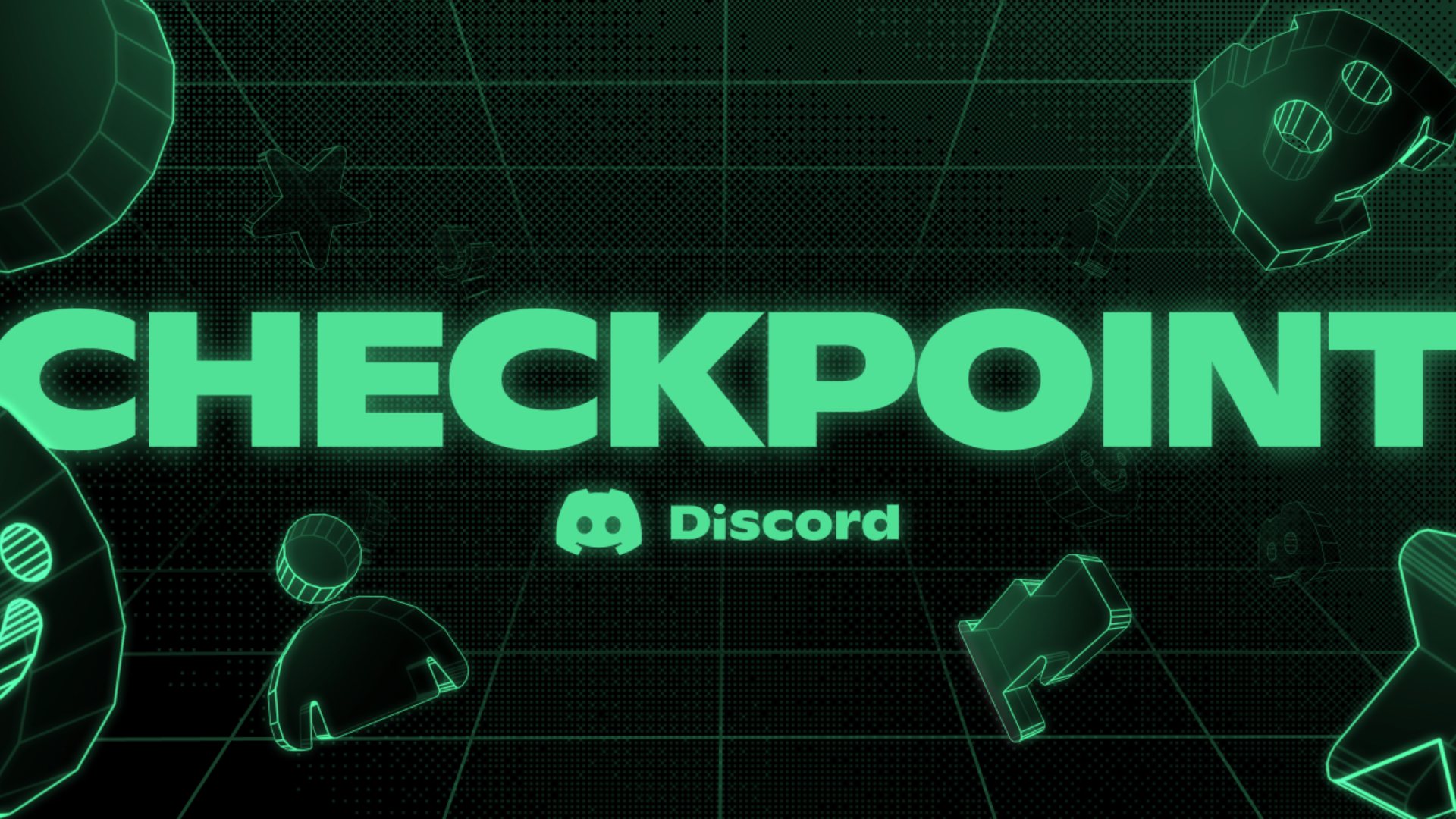

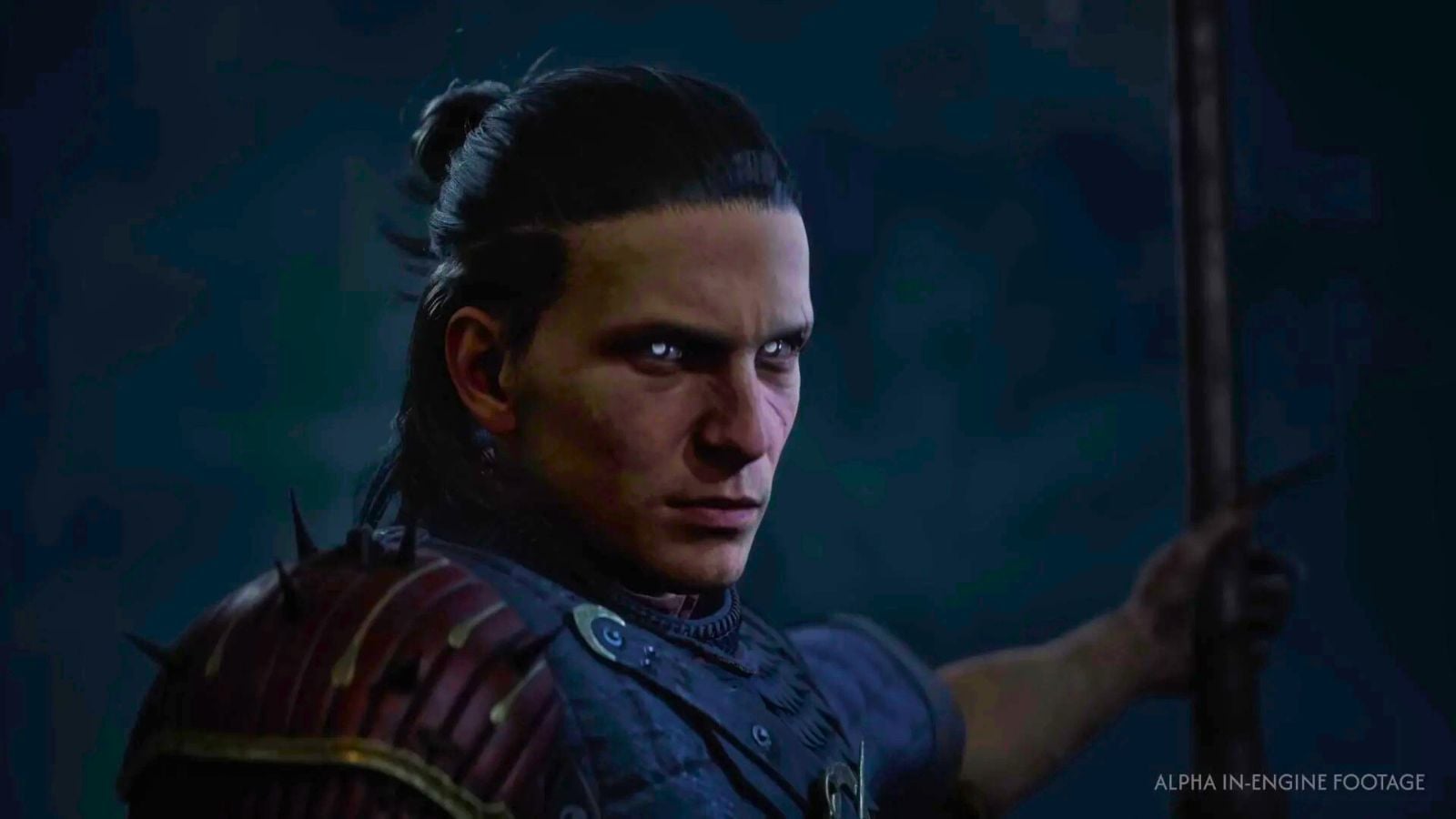
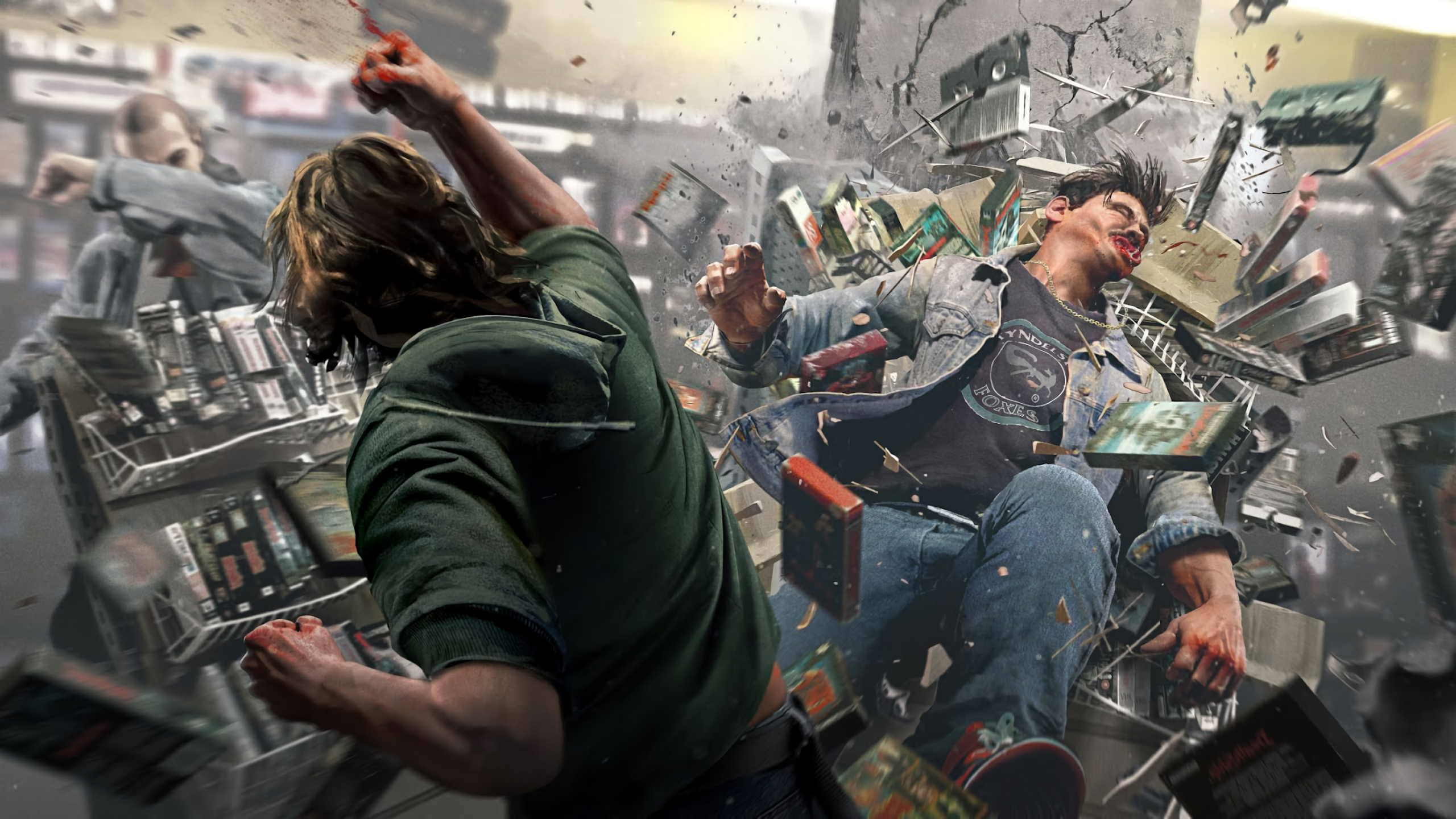
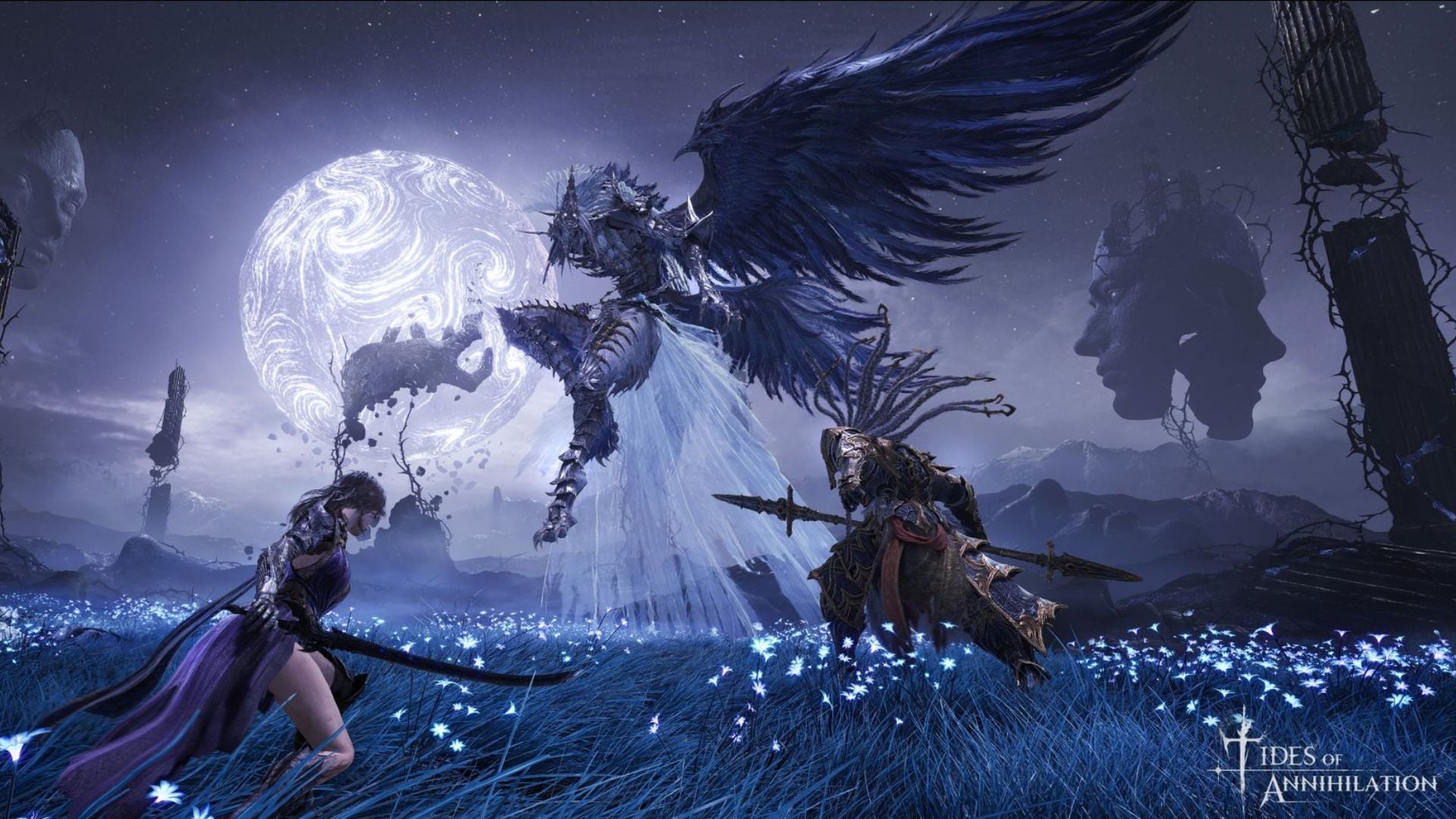
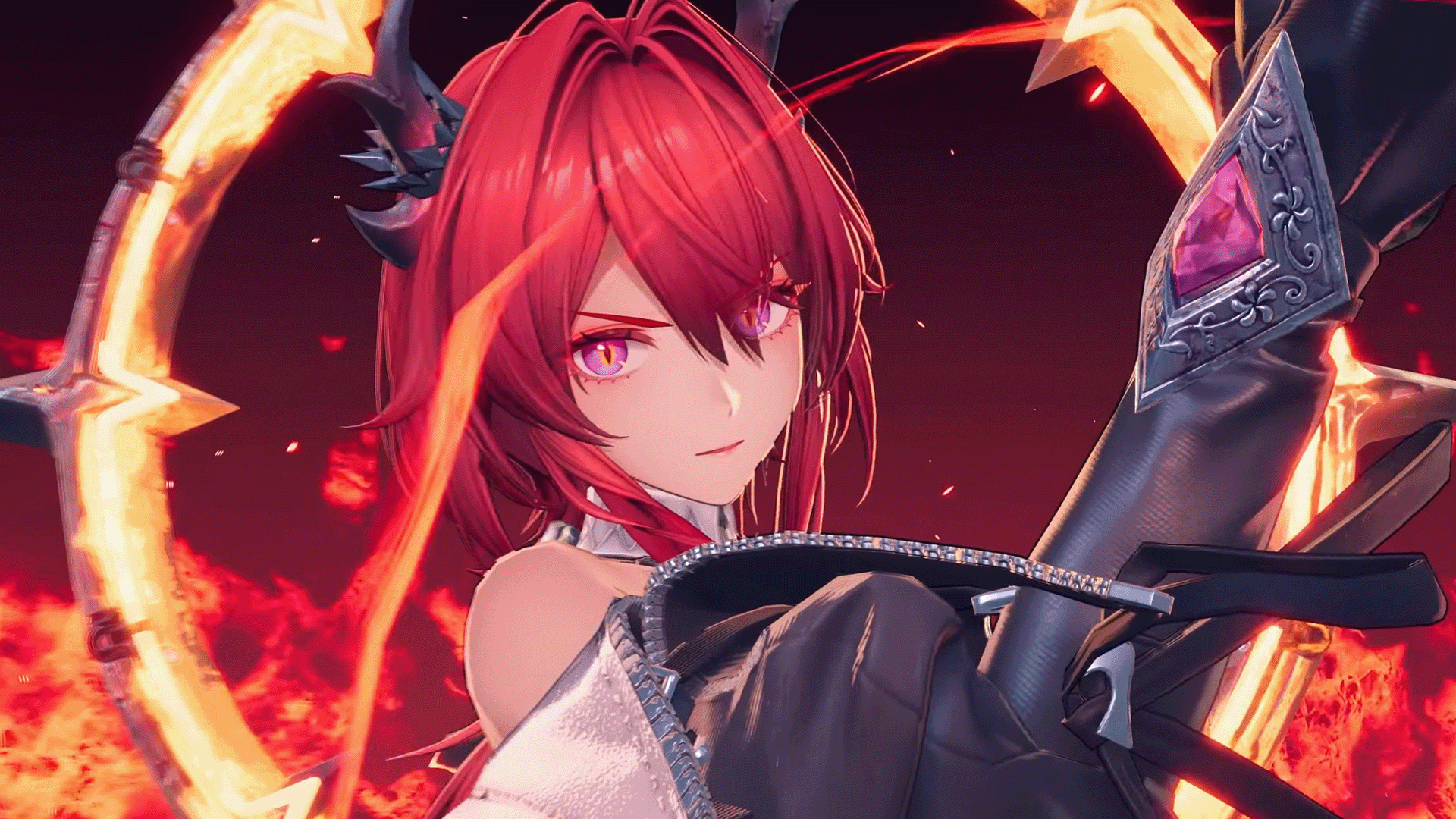
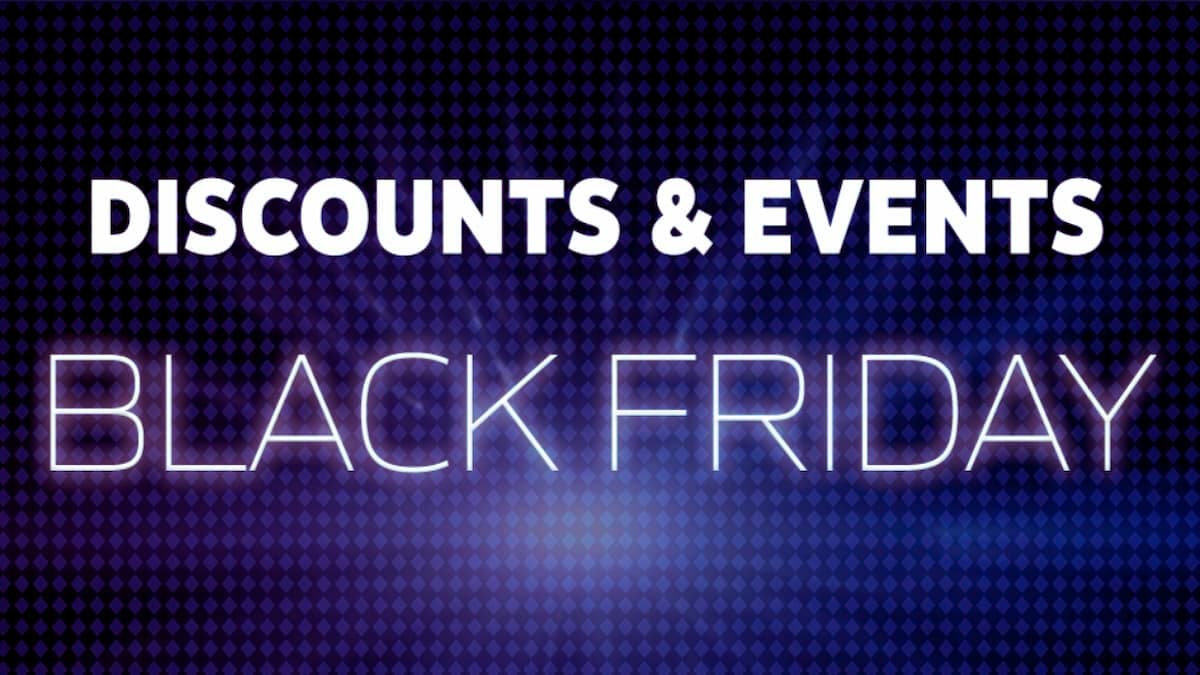

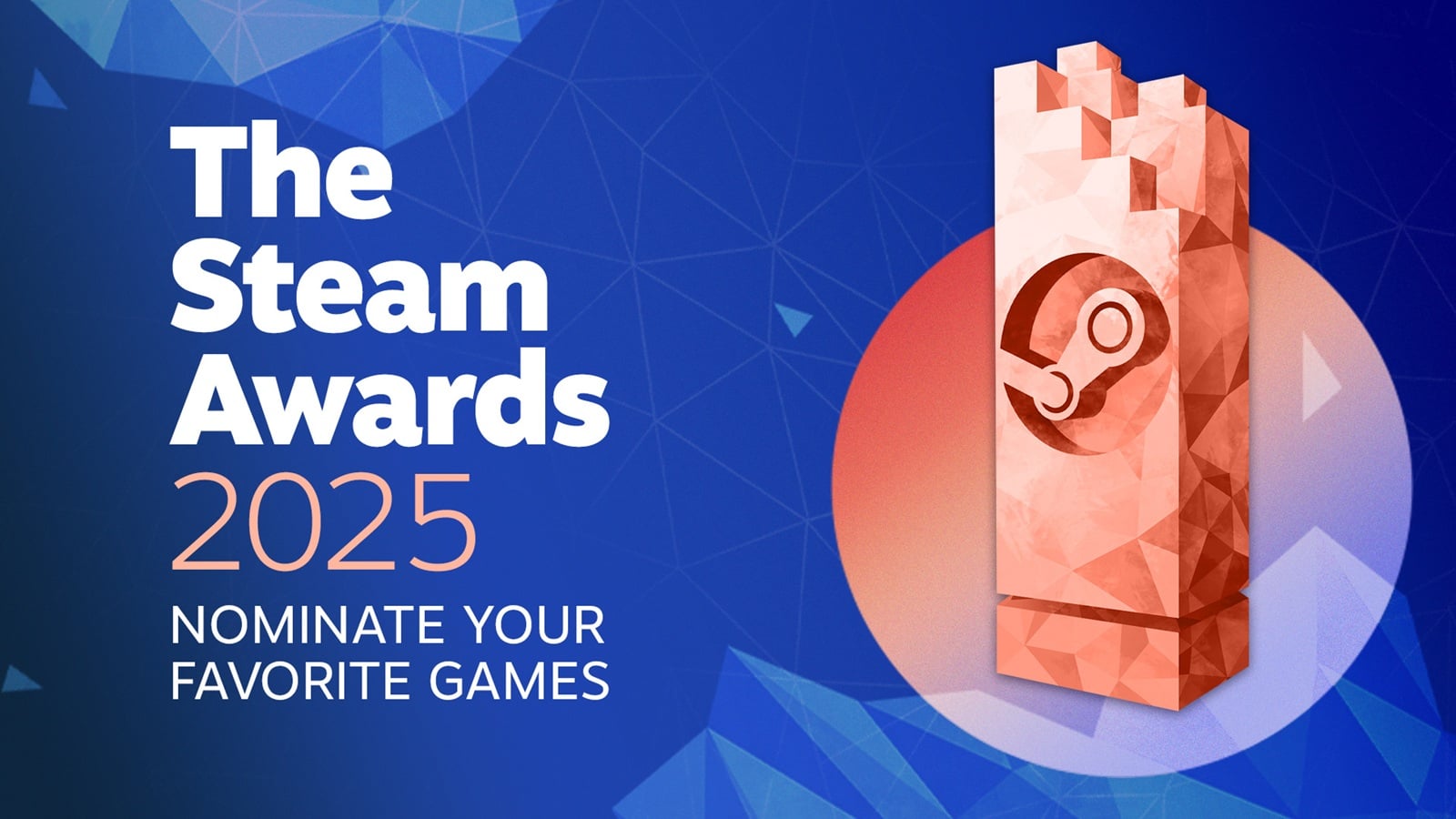

Published: Jun 23, 2018 11:09 am